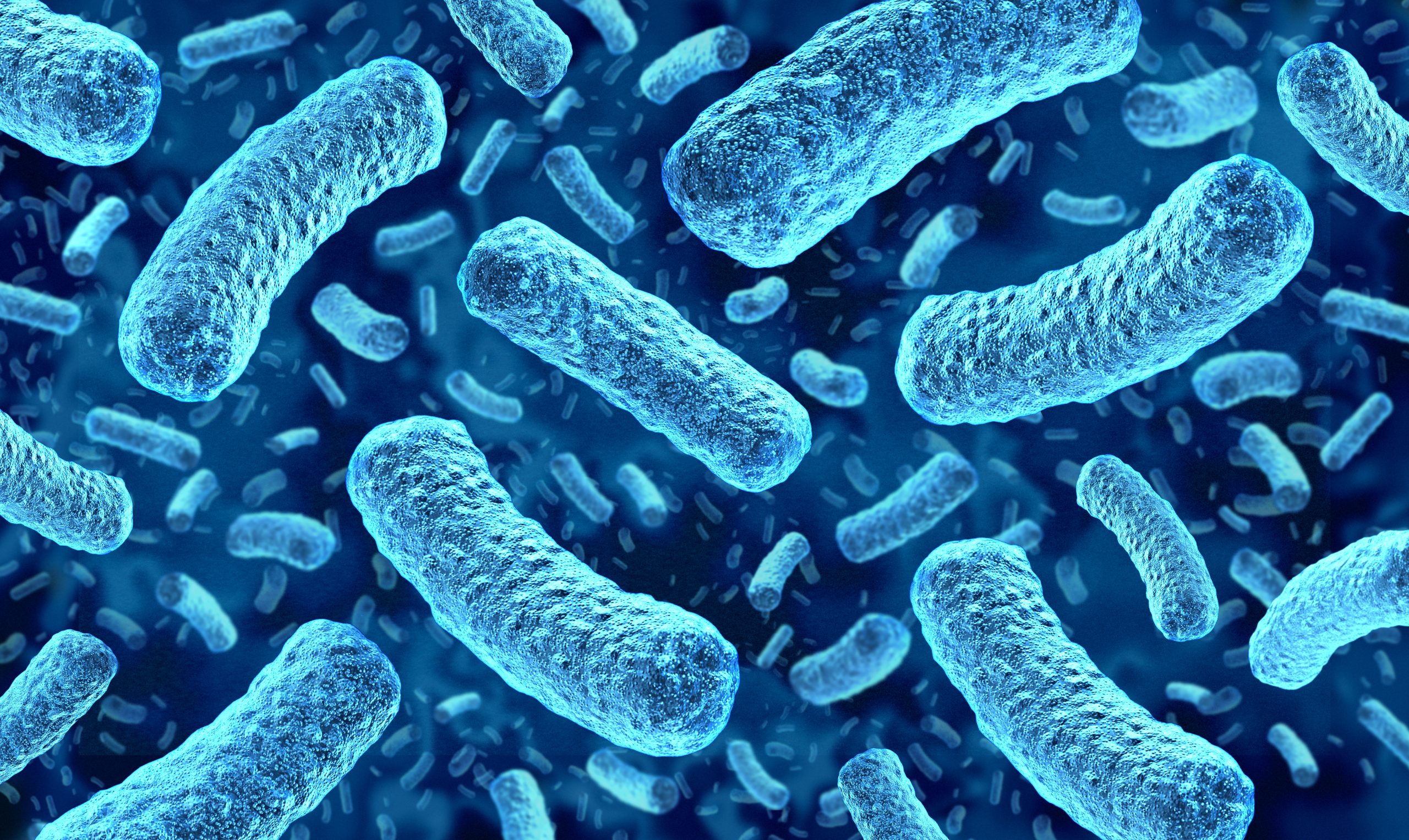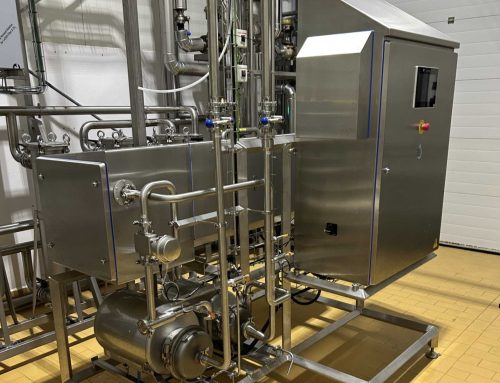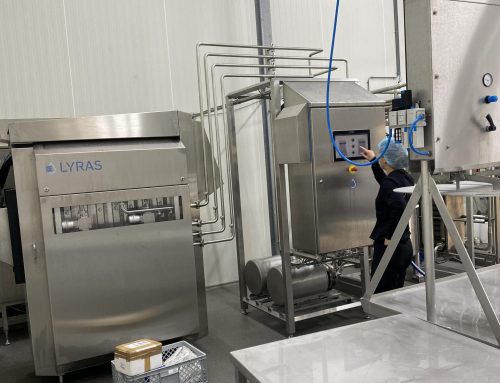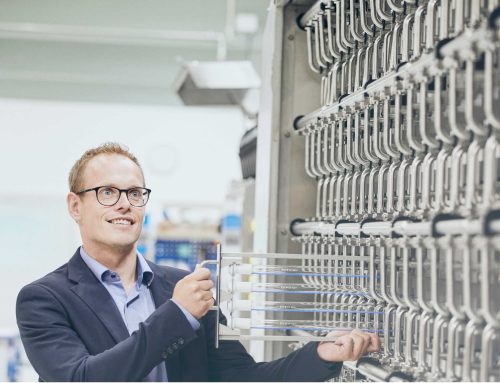Raslysation™ protects consumers from life-threatening Listeria
Consumers can be protected from the dangerous Listeria bacteria, a growing risk in food, through the energy-efficient raslysation technology. In 2023, Listeria caused at least 340 deaths across Europe and is currently responsible for the recall of large quantities of French food products.
With the Danish raslysation technology, food producers gain an effective method for suppressing the increasing number of outbreaks of the life-threatening Listeria in food. Raslysation eliminates bacteria in food production while preserving taste and quality. The technology can be used to protect products such as fish, meat, cheese, and brine, which is an important part of cheese production.
The method is so effective and gentle that it is used to ensure the safety of raw milk cheese, eliminating unwanted microorganisms in the raw milk while preserving both quality and taste.
“Listeria is an extremely resilient microbe. Even in the salty brine used in cheese production, it can survive and act as a reservoir for contamination and a source of bacterial spread. Our tests show that raslysation effectively kills it. This makes the technology a powerful tool for producers wanting to protect their consumers,” says Mark Kalhøj Andersen, CEO of Lyras.
Food safety with raslysation
The raslysation technology also supports compliance with the new EU food safety regulations, triggered by the increasing presence of bacteria like Listeria. When these regulations tighten further in July 2026, raslysation will be an even more valuable solution because the technology effectively kills Listeria directly in, for instance, brine – without altering production processes. This protects both consumers and food companies.
Raslysation combines UV light, which effectively inactivates bacteria, with a controlled turbulent flow in liquids used in food production. During treatment, the product (e.g. milk, whey, process water, or brine) is guided through a special turbulent flow, ensuring all parts of the liquid are exposed to the UV light, eliminating microorganisms. At the same time, the food’s natural vitamins, enzymes, and proteins are preserved.
Highest recorded levels of Listeria
The presence of Listeria monocytogenes in the production of e.g. fish, meat, and cheese, is a significant challenge for the food industry posing serious risks for both product safety and public health, as the bacterium can lead to outbreaks of the life-threatening disease listeriosis.
According to the European Food Safety Authority (EFSA) and ECDC, a total of 2,993 confirmed cases of listeriosis were recorded in 2023, resulting in 340 deaths – the highest number ever reported.
Raslysation changes legislation in the Netherlands
Raslysation has now been approved for the production of raw milk cheese by Dutch authorities, following a comprehensive hazard analysis and self-monitoring review by The Stichting Controle Orgaan Kwaliteits Zaken (COKZ). Here, the raw milk is treated before entering the cheese production process.
Facts about Lyras and raslysation
Raslysation reduces food waste and CO2 emissions – while eliminating Listeria.
Lyras developed the groundbreaking, patented technology raslysation, which inactivates microorganisms in opaque liquids. The technology is primarily used by food, biotech and pharmaceutical industries.
Raslysation is far less energy-intensive than traditional heat treatment. The technology saves between 40 and 90 percent energy and 60 and 80 percent water compared to traditional pasteurization.
If, for instance, a dairy that produces 40 tons of whey per hour switches to raslysation instead of traditional pasteurization, it will (based on EU average) emit approximately 850 tons less CO2 annually. That is equivalent to the energy consumption of driving a regular family car 164 times around the world.
Suggestion: read our whitepaper on “Controlling listeria in brine with Raslysation” for more detailed insights on the risks of listeria in brine, the new EU legislation, and what raslysation can do to handle listeria in a brine pool.





